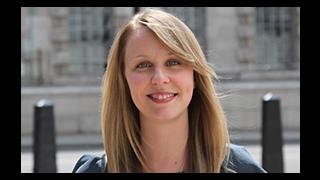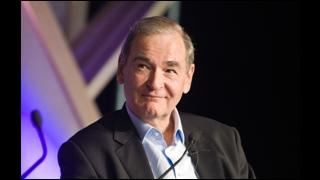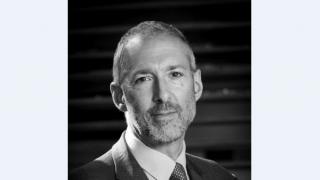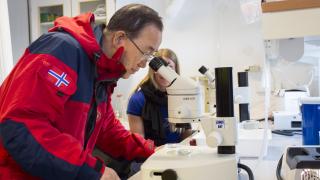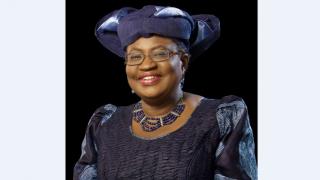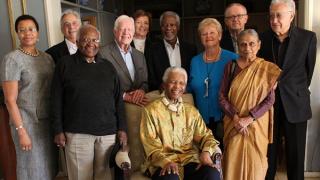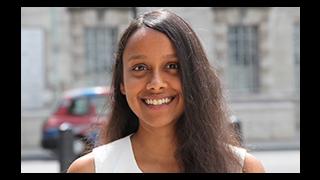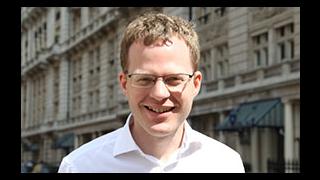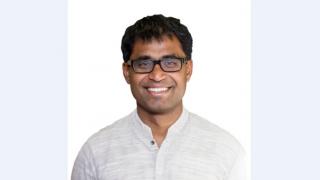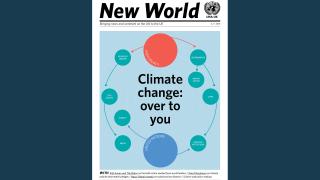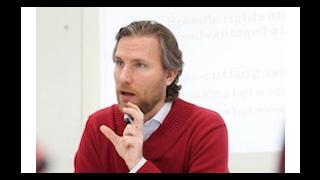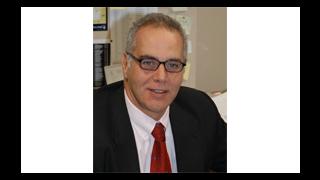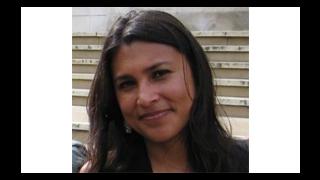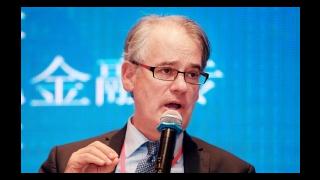
Dhananjayan Sriskandarajah, Secretary General of CIVICUS, speaks to New World and calls on governments to change how they engage with citizens on climate change
Tell us a bit about what first interested you in working for an organisation like CIVICUS
The world is changing in fascinating ways, particularly in the way that citizens are organising and mobilising to shape their communities. Whether it is through online activism or mass street protests or the Occupy Movement or innovative service delivery, civil society is at the centre of some interesting developments. And CIVICUS, as the global civil society alliance, is trying to protect the ability of citizens to organise and harness the power of civil society.
You’ve previously said that many ordinary people “see the international intergovernmental system as irrelevant at best and ineffectual at worst”. How can the UN improve the way it engages at the grassroots level?
The best way of winning grassroots support is for the UN to make a tangible difference in local communities. After two decades of unsuccessful climate talks and unfulfilled climate finance pledges, many feel that the UN has failed to protect the world’s most vulnerable people from things like rising sea-levels and extreme weather patterns. The UN’s lack of progress on this supreme issue has led to public distrust of the institution’s ability to fulfil its vital mandate. The UN needs to devise inclusive decision-making processes that address the needs of its more than seven billion constituents rather than the interests of a few powerful member states.
A busy year in global governance culminates in the climate treaty negotiations in Paris. What are your hopes for this process?
We desperately need an ambitious and binding set of commitments coming out of Paris; commitments that take heed of the science and deliver fair outcomes. This means that those most responsible for climate change lead in the efforts to limit the warming of the planet to two degrees Celsius, and that all countries stick to the national climate action plans that are being submitted to the UN. Together these diverse yet compatible commitments can provide a roadmap for mitigating climate change.
Civil society and activist movements have played an important role in building momentum towards the Paris conference. What lessons do you think have been learned along the way?
We’ve learned that the UN process has been less than democratic. The outcomes of previous climate conferences have often reflected the interests of the world’s most carbon-intensive economies rather than the demands of global civil society. As more people become aware of the interlinkages between climate change, poverty and inequality, citizens are beginning to evaluate the environmental voting records of politicians. Right now very few politicians pay any domestic political price for their actions (or inactions) at the intergovernmental level, but I am confident that this is changing as more people care about what goes on at these global forums.
Many fear that as civil society voices around the world become increasingly restricted, vested interests will still win the day. How would you respond to these concerns?
In 2014, CIVICUS documented serious threats to the core civic freedoms of assembly, association and expression in 96 countries. In too many of these cases, civil society is under attack because it dares to question the collusion that occurs between political and economic elites. Big business – particularly mining and energy companies – are busy watering down government regulations and policies and preventing civil society from having a say.
The success of any climate treaty – or indeed the Sustainable Development Goals (SDGs) – will ultimately be decided by its effective implementation. What role can there be for civil society in ensuring states live up to their obligations?
Thankfully there is growing recognition that global deals will not be delivered by the governments let alone the UN system. Instead, in many parts of the world and across countless issues, there is recognition that civil society is key to delivering these shared agendas and promoting accountability. When it comes to the SDGs we are already seeing that without civil society many of the goals will hardly have a chance of being achieved. Through our work on the DataShift project (www.thedatashift.org), we are already seeing the innovative ways civil society is harnessing information to monitor progress.
Finally, what one message would you like New World’s readership of global citizens to take away with them?
Citizens wanting to have a say in the development of national and international climate action plans are experiencing a double democratic deficit. At the national level, growing numbers of people – including in countries that look democratic on paper – are angry that domestic plans to combat climate change do not reflect the required urgency. At the global level, civil society doesn’t get a seat at the table or if they do it is merely a box-ticking exercise. If the UN and its member states are serious about taking meaningful action on climate change, they need to drastically improve the way that they engage citizens in their governance of the planet.
Dhananjayan Sriskandarajah is the Secretary General of CIVICUS, the global civil society alliance. He tweets at @civicusSG

